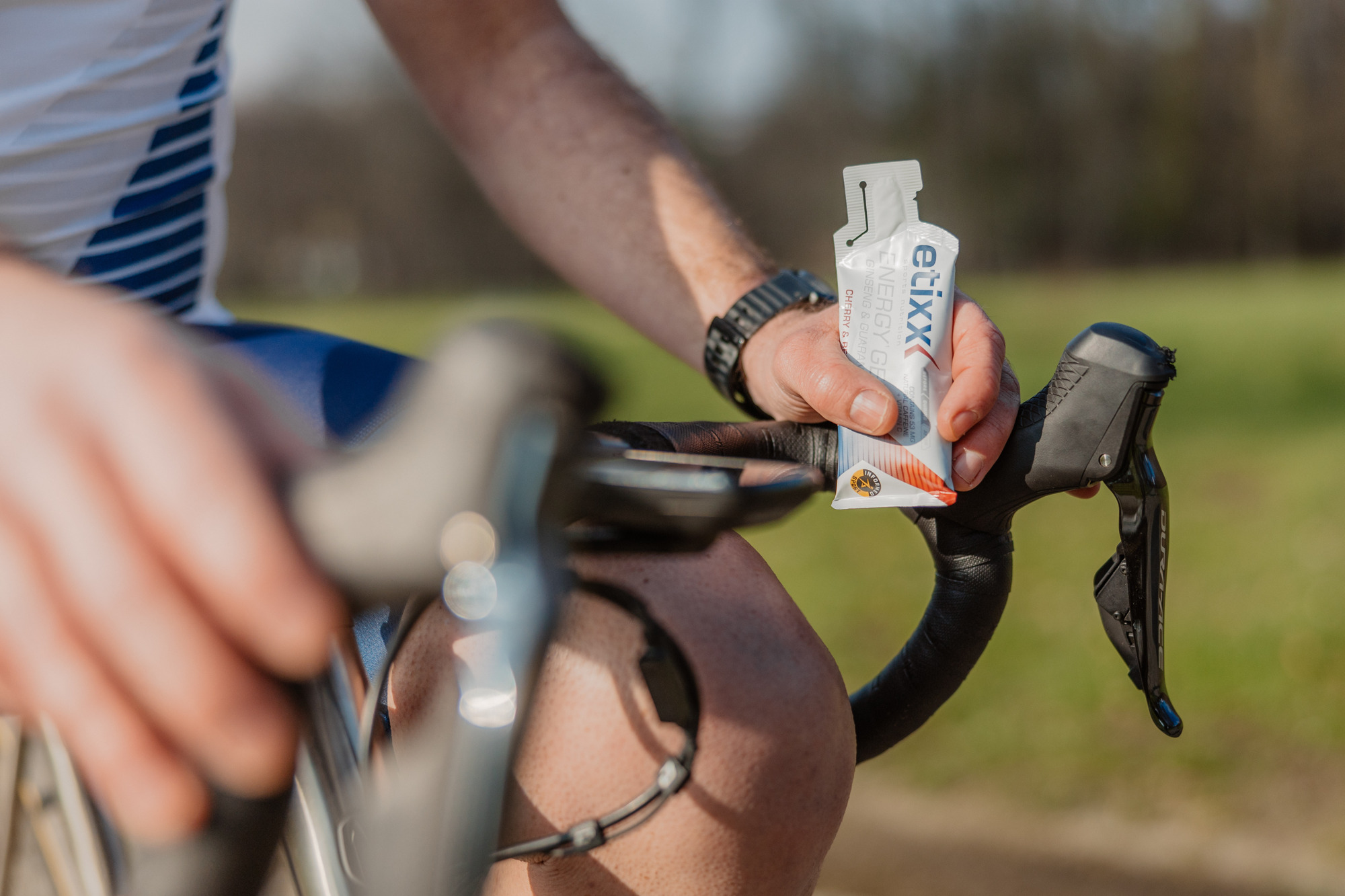How creatine improves sports performance: A scientific look at the white powder
Wednesday 12 April 2023

Creatine is one of the most popular supplements among athletes, and for good reason. This is because this endogenous substance, which is mainly stored in the muscles, can improve athletes' performance in several ways. While some people still think that creatine is only useful for bodybuilders, it is now clear that it can also provide benefits for athletes in other disciplines. In this blog, we will therefore take a closer look at the added value of creatine for athletes and how it can contribute to better sports performance.
What is creatine?
Creatine is a substance that occurs naturally in the body and is mainly produced in the liver. In addition, an omnivorous individual also gets about 1g of creatine per day through food, especially animal foods such as meat and fish. Creatine is involved in the production of ATP (adenosine triphosphate), which is the main energy source for muscle contraction during short maximal efforts (<15 seconds).
As a result, creatine increases physical performance during consecutive sequences of short, high-intensity exercise, in combination with training. There is only a limited amount of creatine present in our body, enough to perform about 15 seconds of intense exercise. Increasing the amount of creatine in our body through a chronic regimen increases explosive power. This allows you to do more repetitions with the same weight during, for example, a strength training session. Research has shown that chronic creatine supplementation can increase muscle creatine levels by around 20% to 30% in both untrained and well-trained individuals.
Safety and side effects of creatine
Creatine is one of the most researched sports supplements, with decades of evidence behind it. Creatine supplementation is safe for healthy people. Although some people claim links to cancer, heart disease and even hair loss, there is no evidence to support such claims. Creapure® is the best and purest form of creatine monohydrate on the market. Moreover, it is the most studied form of creatine and studies show that it is safe and effective. Other types of creatine, such as creatine ethyl ester or creatine hydrochloride, have not been proven to be more effective.
Creatine does have some side effects that are worth knowing about. The most common side effect is weight gain because creatine retains water in the muscles. This side effect varies and not all athletes experience it, but it is common to gain 1 to 3 kg. The athlete who experiences this must decide for themselves whether the benefit of a creatine treatment on presentations outweighs the body weight gain. For a high jumper where weight plays an important role, this will be more decisive than for a weightlifter, for example. In addition, creatine sometimes causes mild stomach discomfort in some athletes taking large doses.
For which athlete is a creatine cure interesting?
Creatine is a very popular supplement among strength athletes, as it can increase muscle mass gain and strength during resistance training. Consequently, athletes practising the following sports could benefit from a creatine supplement: 100m and 200m sprint, weightlifting, powerlifting, swimming,... Also team sports such as basketball, football, volleyball, hockey,... where fast explosive efforts are common, can potentially improve performance with a creatine supplement.
In addition, the use of creatine is also recommended during rehabilitation after a period of inactivity, as it can help build muscle strength faster.
Does creatine improve my endurance performance?
In general, the positive effects of creatine on performance decrease as the duration of exercise increases. In endurance sports, high-intensity efforts are usually more limited than in team sports, for example, so an endurance athlete generally benefits less from a creatine supplement. But during a sprint at the end of a prolonged race or a climb, more muscle power and speed are often needed. At those times, creatine makes a big contribution to energy production, and so a larger creatine supply can be beneficial.
On the other hand, because a creatine supplement can increase body weight, it can have negative consequences for endurance athletes. An increase in body weight may increase energy requirements and require more power to maintain the same speed. This of course depends on the degree of weight gain.
Conclusion: It is up to the endurance athlete to decide whether the benefits that a creatine supplement can provide during explosive short efforts outweigh the possible disadvantages of higher body weight.
Use of creatine
It is important for optimal effect to take creatine chronically for 6-8 weeks, with a daily dose of 3-5g. To experience faster effects from increasing muscle creatine levels, a high loading phase of 20-30g per day for the first 4-5 days can be used. This will saturate stocks faster, but a course of lower doses is equally effective. It will take a little longer to build up in the body and have an effect, but eventually the supplies will also be saturated. Because a creatine cure can cause a plateau phase, a minimum break of 4 weeks should always be taken between cures. For optimal muscle absorption of creatine, it is recommended to combine intake with a carbohydrate-rich meal or snack.
Furthermore, for optimal effect of a creatine cure, a combination with strength training is strongly recommended. The graph below nicely shows that athletes who combine strength training with creatine (blue bars) show a higher increase in muscle mass/muscle volume in different muscle groups, compared to athletes who do not combine strength training with creatine (white bars). Combining strength training with a creatine regimen is highly recommended for these reasons.

Besides using a creatine supplement, the right intake of protein through daily nutrition is also of curtial importance to build or maintain our muscles. In the short video below, we share the four most important guidelines regarding the proper intake of protein through daily nutrition.
- mysportscience.com
- Nutritional supplements in sport, exercise and health – an A-Z guide. Castell, Stear and Burke 2015.
- Nunes et al. Nutri Health. 2017; 23:4



